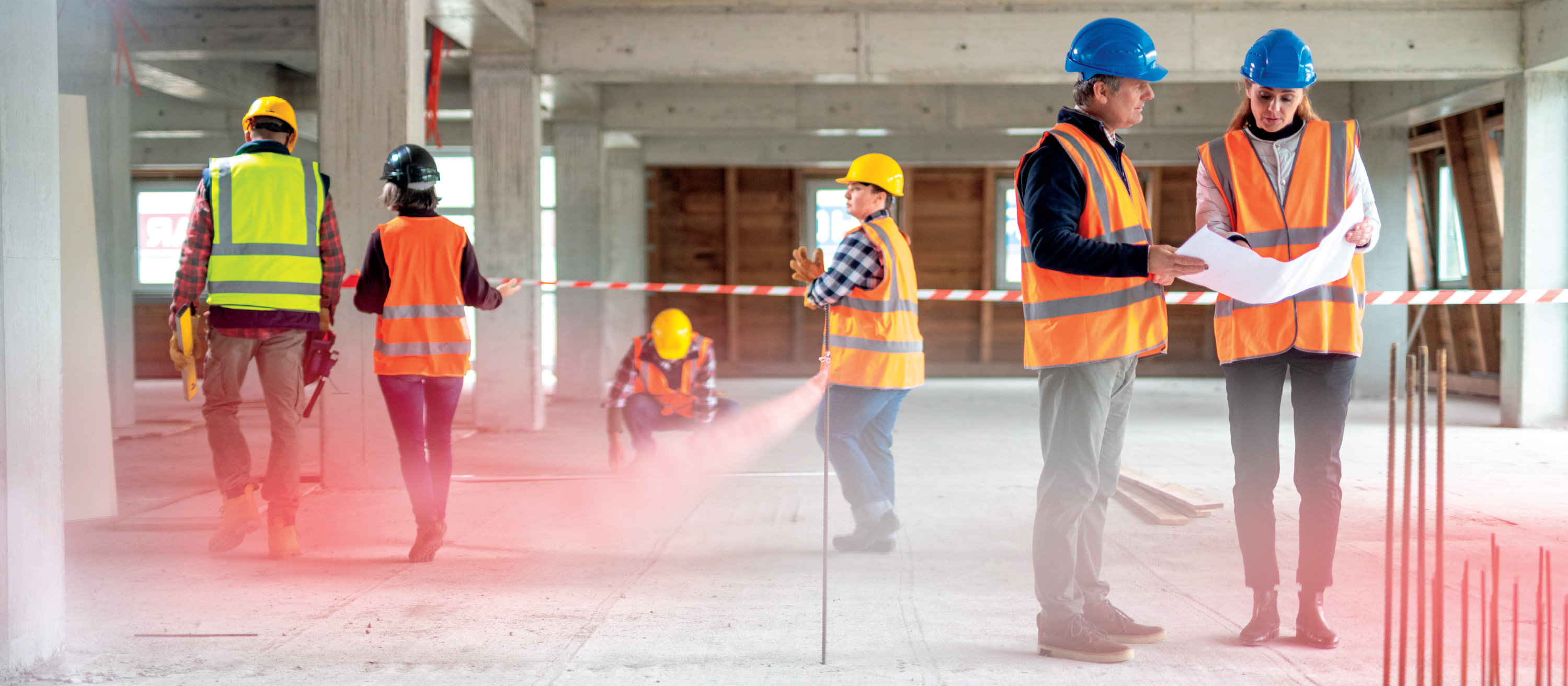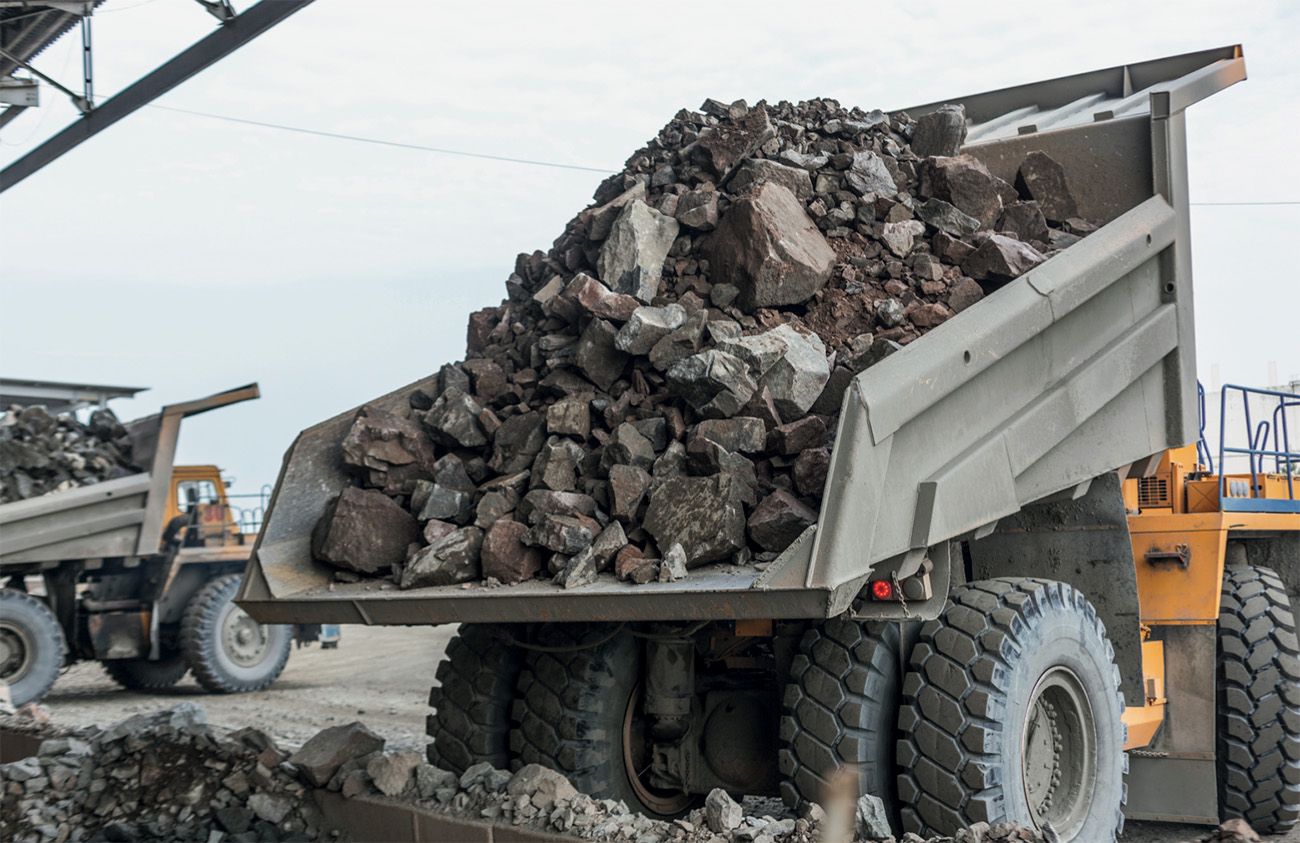Future workforce skills for Māori and Pasifika owned businesses in construction
An industry analysis that can point to and select a small number of innovative, future-proofed and future-focused green construction/infrastructure technology and/or skills that have well-evidenced success in overseas markets, whether widely scaled or solidly niche, or which are innovating locally in Aotearoa but lag behind or have not scaled here.
Project outputs
See AllThe issue
The construction and infrastructure sector faces a range of long-term challenges - from building climate resilience, the pace of technological adoption, the housing crisis and skilled labour shortages – and Māori and Pasifika businesses can be a critical part of the solutions. This research will isolate the pathways and skills required for Māori and Pasifika businesses to benefit from emergent practices and technology in order to meet future demands.
Intended outcomes
This industry analysis will
- Identify potential skill areas
- Provide a strong steer for the rapid design and delivery of a small number of prioritised skill areas that:
- Has clear potential to stimulate demand and grow markets, as well as meet demand
- Will create opportunities for upskilling, especially on-the-job upskilling
- Will support sustainable, future-proofed, high-skilled and high-paid work
- Have links to the current capability and capacity of Māori and Pacific
The steps
- Step 1: Current state mapping (data collection)
- Step 2: Development of a longlist through desktop research and stakeholder interviews
- Step 3: Assessment of longlist using multi-criteria analysis
- Step 4: In depth assessment of shortlisted options
- Step 5: Report
Collaborator: Amotai and Poutama Trust
Project Status: In Progress
Contract Research Organisation: Height PM

Related projects

Active Bystanders – Kaupapa Māori research project
Developing a Kaupapa Māori Theory of Change to inform effective bystander interventions for wahine Māori
Funding of workplace training and work-integrated learning for the construction and infrastructure industries
Funding of workplace training and work-integrated learning for the construction and infrastructure industries
Evaluation of government policy settings for apprentices
Understand the extent to which government apprenticeship policy settings are working

Supporting technical experts to become work-based trainers
Developing and trialing tools and resources that support work-based trainers to improve their practice

VET in schools: towards a model for Year 12 & 13 in New Zealand schools
VET in schools: towards a model for Year 12 & 13 in New Zealand
Degree-level apprenticeship (DLA) comparative pilot
Degree-level apprenticeship pilots
The place of micro-credentials in New Zealand
The place of micro-credentials in New Zealand

Civil Construction: A requirement for a robust and reliable training pipeline
Providing recommendations to combat the skilled labour shortage
Offsite manufacturing workforce forecast
Forecasting the size of the offsite manufacturing workforce required across the next 5-10 years

Workforce journey indicators data dashboard
A data project to understand how people navigate in and out of the construction workforce
A more effective model of support for Māori Level 4 Carpentry apprentices – reducing the time it takes to get qualified
Using kaupapa Māori interventions to increase the number of qualified Māori builders

Environmental competency training
Ascertaining the specific skills required to meet the government’s environmental goals
Framework for Māori in high-skill roles
Understanding skills shortages experienced by Māori firms to support Māori into high-skill roles

From skilled industry practitioner to Kaiako
Analysing the current kaiako training to identify effective practices in classroom-based tertiary education

Temporary traffic management credentials framework
Informing the development of an improved TTM Credentials Framework

The New Zealand Quarrying Industry’s Possible Futures Toward 2030
Predicting the trends that will impact the quarrying industry to guide quarrying practice
Women’s experiences working in Construction and Infrastructure
Women’s experiences working in Construction and Infrastructure
Skill standards
Good Practice in the Development and Implementation of Skill Standards-Based Qualifications
Neurodiversity
Neurodiversity
Pathways to Successful SMEs
Pathways to Successful SMEs
A Case Study: Cook Brothers Apprentice Academy
A Case Study: Cook Brothers Apprentice Academy

AI Generated Assessment
Using artificial intelligence to create high-quality, engaging, and personalised assessments
A Case Study: Augmented reality in welding training
A Case Study: Augmented reality in welding training
ConstrucTrend: Vocational Workforce Survey
ConstrucTrend: Vocational Workforce Survey
Co-design guidance for allyship (upstander/ bystander) training
Practical guidance for providers and employers to implement allyship/upstander training in their organisation…